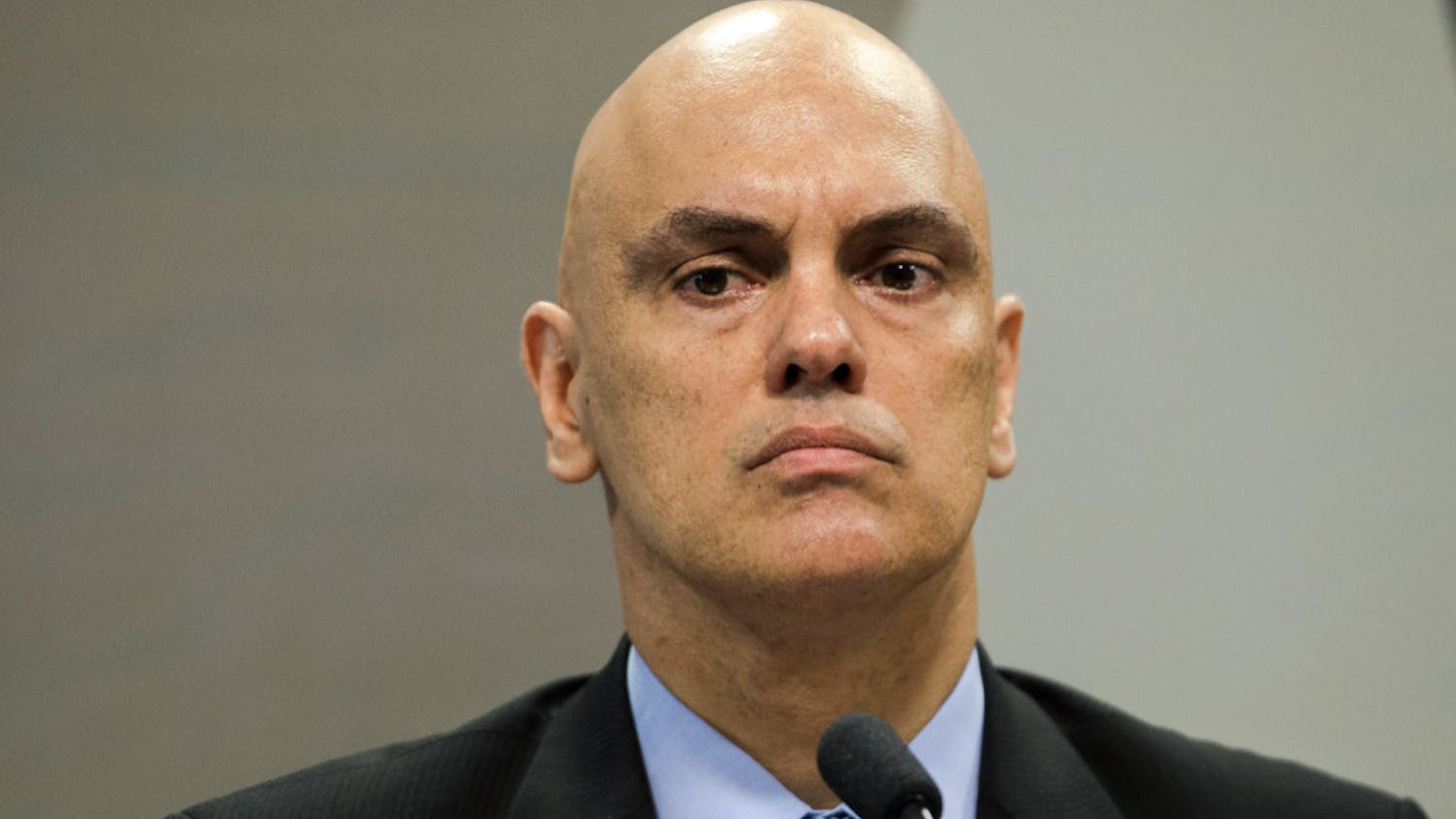This letter is a response to a previous letter to the editor titled “Tolerance and Intolerance” Dear Mr. Buhr, In your letter on April 24, you began by stating that opposing same-sex marriage is not an intolerant view, because “government entitlements are not human rights.” I disagree with this statement because marriage is, in fact, a right. In 1967, the U.S. Supreme Court presided over the groundbreaking case Loving v. Virginia. Chief Justice Earl Warren wrote the opinion for the unanimous court that “Marriage is one of the basic civil rights of man, fundamental to our very existence and survival.” But perhaps this is not enough to convince you, as the Loving case concerned interracial marriage rather than same-sex marriage. If you remain unsatisfied, it may help to read Judge Vaughn R. Walker’s majority opinion in California’s federal district court case Perry v. Schwarzenegger. In this 2012 landmark case, Walker struck down California’s Proposition 8, which sought to eliminate same-sex couples’ right to marriage, citing the constitutional right to marry. But maybe you don’t feel that the Supreme Court has the right to make these rulings, as marriage is not defined as a right in the Constitution. However, the Constitution does include Amendment IX, which asserts that the rights of citizens are not limited by those explicitly listed in the Constitution. In fact, the Supreme Court has relied on this amendment to define other fundamental rights besides the right to marry, like the right to parent one’s children, the right to privacy, the right to follow a profession and the right to associate with others. Indeed, there are so many non-enumerated rights that it is difficult to pick a favorite (personally, I’m torn between protection on the high seas from pirates and the right to vote). At any rate, I wholeheartedly agree with your opinion that government entitlements are “certainly not” human rights. Unfortunately, marriage is not a government entitlement, as it has repeatedly been defined as a fundamental human right. I think possibly my confusion at your letter comes from the fact that legalizing gay marriage would not affect you in any way. Please, illuminate me as to how a same-sex couple getting married in this country infringes on your ability to enjoy your own life. Is it simply that you believe same-sex couples disrespect the very idea of traditional marriage? Perhaps Justice Kennedy’s thoughts on same-sex couples in 2015 would help allay some of those fears: “Their plea is that they do respect it, respect it so deeply that they seek to find its fulfillment for themselves. Their hope is not to be condemned to live in loneliness, excluded from one of civilization's oldest institutions. They ask for equal dignity in the eyes of the law. The Constitution grants them that right. … It is so ordered.” Simply put, when it is so ordered and someone rejects that order, he is intolerant. In this case, he is intolerant of same sex couples and their rights and intolerant of the courts that protect them. We cannot allow people to twist definitions to validate their intolerant views. It will always be a painful truth that there are people out there like you, Mr. Buhr, who oppose the right to marriage. But one thing that gives me hope, and that gives hope to people like me, is that the justice system in the United States declared the right of same-sex marriage to be fundamental. It has cemented this right in the decisive case of Obergefell v. Hodges in 2015, and time and time again in the dozens of cases that came before it. It has cemented this right as it has every other, with those four important words: it is so ordered.
Mary Szromba
freshman
April 26













